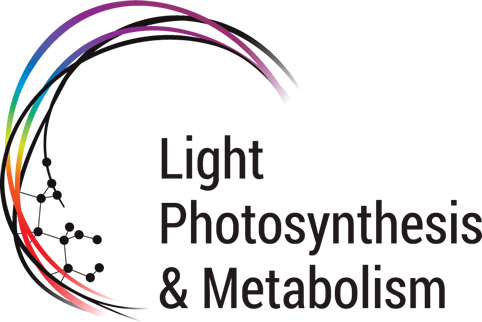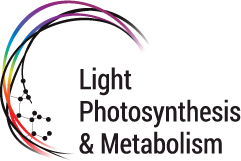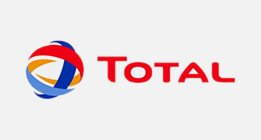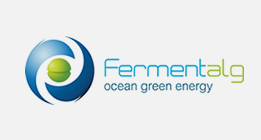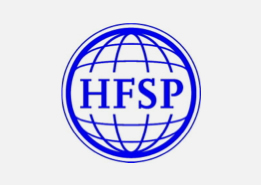Industrial Partners and Ongoing Fundings
INDUSTRIAL PARTNERS
ONGOING FUNDINGS
Human Frontier Science Program
Photosynthetic organisms must balance optimization of photosynthesis while minimizing photo-oxidative damage. In low light, excitation energy is collected to fuel CO2 fixation, while excess photons are de-excited in high light to avoid photodamage. Despite extensive studies of these phenomena, the mechanisms governing light use in plants are still poorly understood. We have recently shown that ion fluxes control plant light responses. K+ channels regulate the chloroplast proton motive force (pmf) by counterbalancing the H+ gradient with K+ flux. This affects light harvesting and dissipation and CO2 assimilation. Here, we propose to explore this entirely new research field (optimizing photosynthesis via ion flux) in algae (C. reinhardtii), mosses (P. patens, M. polymorpha) and plants (A. thaliana). Owing to complementary expertise in our team (electrophysiology, spectroscopy, bioinorganic chemistry and molecular genetics) we will investigate the function of the putative chloroplast ion channels, generate down-regulated mutants, characterize their function in vitro (electrophysiology) and in vivo (Stark spectroscopy) and collate their phenotype to ion dynamics in vivo using customized imaging probes.
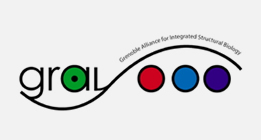
Grenoble alliance for structural biology funding (GRAL)
Project title: ChlamyPHOT.
Gene expression control by the blue light photoreceptor phototropin in Chlamydomonas.
Funding: LabEx GRAL (ANR-10-LABX-49-01); 120 K€ for 24 months.
Project Leader: Dimitris PETROUTSOS, iRTSV/PCV/LP&M
Collaborators: Myriam FERRO and Marianne TARDIF (BIG/BGE/EDyP), Chloe ZUBIETA (BIG/LPCV), Martin BLACKLEDGE (IBS), Laurent BLANCHOIN (BIG/LPCV), Marco POLIN (Warwick, UK).
ChlamyPHOT is an innovative collaborative project that aims in linking photoperception and photoprotection and identifying phototropin-interacting proteins in Chlamydomonas. ChlamyPHOT supports a two-year Postdoc contract with bench fees.
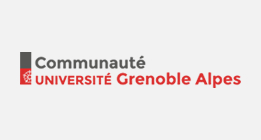
Communauté Université Grenoble Alpes
Project title: Triple Light. Investigating the triple nature of light for algae: source of information, energy and toxicity.
Funding: AGIR (Alpes Grenoble Innovation Recherche) CBS (Chimie Biologie Santé) of University of Grenoble Alpes.
It covers bench fees for two years.
Collaborators: Marie-Odile Fauvarque and Caroline Barette (BIG/BGE/Gen &Chem) and Laurent Blanchoin (BIG/LPCV).
TripleLight aims at investigating the molecular link between light perception, photoprotection and photosynthesis in the green microalga Chlamydomonas reinhardtii.
